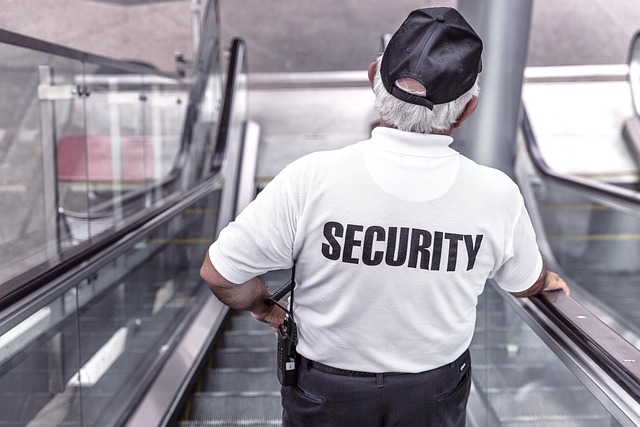Considering a Job in Security? Here’s What You Should Know
The security industry values responsibility, awareness, and the ability to stay calm in different situations. If you're curious about what it's like to work as a security officer, this short guide will give you a general overview.Security roles may include working at businesses, events, offices, or retail spaces. Common responsibilities include monitoring, communicating with visitors, and following safety procedures.

What exactly does a security job involve?
Security jobs encompass a wide range of responsibilities, primarily focused on maintaining safety and order in different environments. As a security officer, you may be tasked with patrolling premises, monitoring surveillance systems, controlling access to buildings or events, and responding to emergencies. Your duties can vary depending on the specific setting, which could include retail stores, office buildings, residential complexes, or large-scale events.
What skills and qualities are essential for a security role?
Successful security professionals possess a unique set of skills and qualities. Strong observational skills are crucial, as you’ll need to remain vigilant and alert at all times. Excellent communication abilities are also vital, as you’ll interact with various individuals, from employees to visitors and law enforcement. Additionally, problem-solving skills, physical fitness, and the ability to remain calm under pressure are highly valued in this field.
What types of security jobs are available?
The security industry offers diverse career opportunities to suit different interests and skill sets. Some common roles include:
-
Security Guard: Responsible for patrolling and monitoring specific locations.
-
Loss Prevention Specialist: Focuses on preventing theft in retail environments.
-
Corporate Security Officer: Protects company assets and employees in office settings.
-
Event Security: Ensures safety at concerts, sports events, and other large gatherings.
-
Cybersecurity Specialist: Safeguards digital assets and information systems.
What qualifications and training are required?
The qualifications for security jobs can vary depending on the specific role and employer. Generally, a high school diploma or equivalent is the minimum educational requirement for entry-level positions. Many employers provide on-the-job training, but some specialized roles may require additional certifications or licenses. In France, security officers must obtain a professional card (carte professionnelle) issued by the National Council of Private Security Activities (CNAPS).
What are the unique aspects of working in security in France?
In France, the security industry is regulated by strict laws and standards. Security professionals must adhere to the Code de la sécurité intérieure, which outlines the legal framework for private security activities. The industry has seen significant growth in recent years, partly due to increased security concerns and the hosting of major international events. French security companies often emphasize continuous training and professional development, providing opportunities for career advancement within the field.
What are the career prospects and earning potential in security?
The security industry offers stable employment opportunities with potential for growth. As you gain experience and additional qualifications, you may advance to supervisory or management positions. Some security professionals also specialize in niche areas like executive protection or risk assessment, which can lead to higher-paying roles.
| Position | Average Annual Salary (EUR) | Experience Level |
|---|---|---|
| Entry-level Security Guard | 20,000 - 25,000 | 0-2 years |
| Experienced Security Officer | 25,000 - 35,000 | 3-5 years |
| Security Supervisor | 35,000 - 45,000 | 5+ years |
| Security Manager | 45,000 - 60,000 | 10+ years |
Prices, rates, or cost estimates mentioned in this article are based on the latest available information but may change over time. Independent research is advised before making financial decisions.
A career in security can be rewarding for those who value responsibility, attentiveness, and the ability to handle diverse situations. While the job may involve long hours and potentially challenging scenarios, it offers the satisfaction of contributing to public safety and the opportunity for professional growth. Before pursuing a security role, carefully consider your personal strengths, career goals, and the specific requirements of the industry in France to determine if this path aligns with your aspirations.






